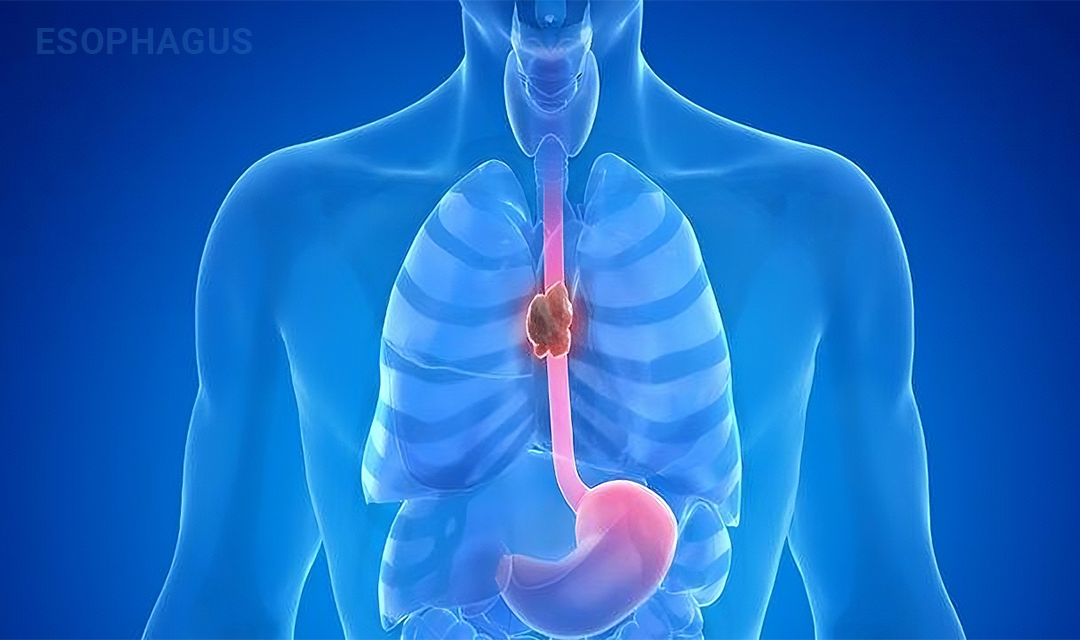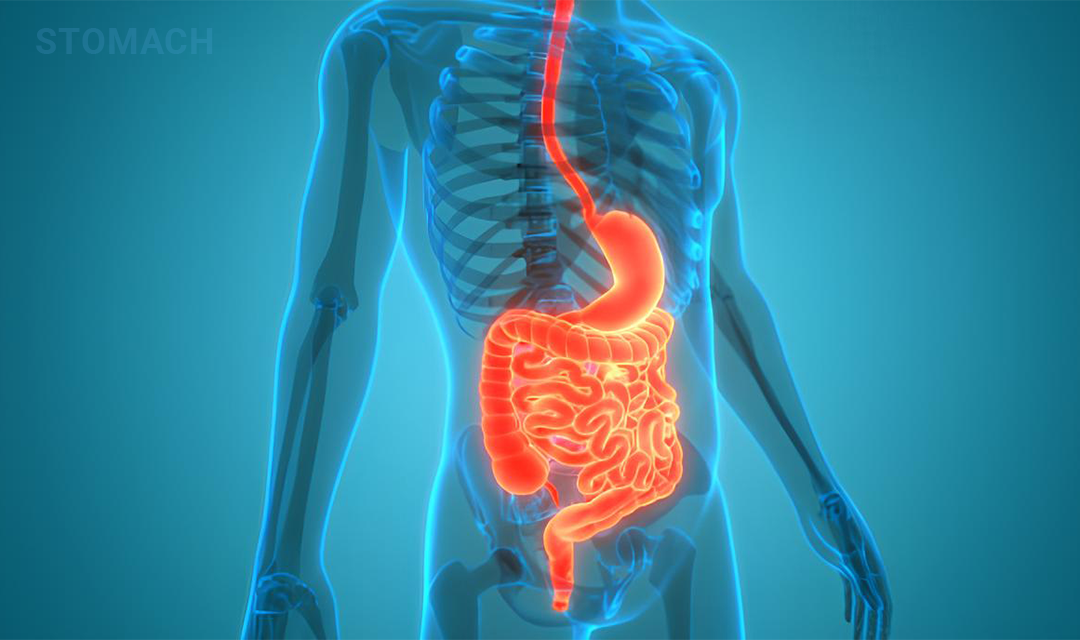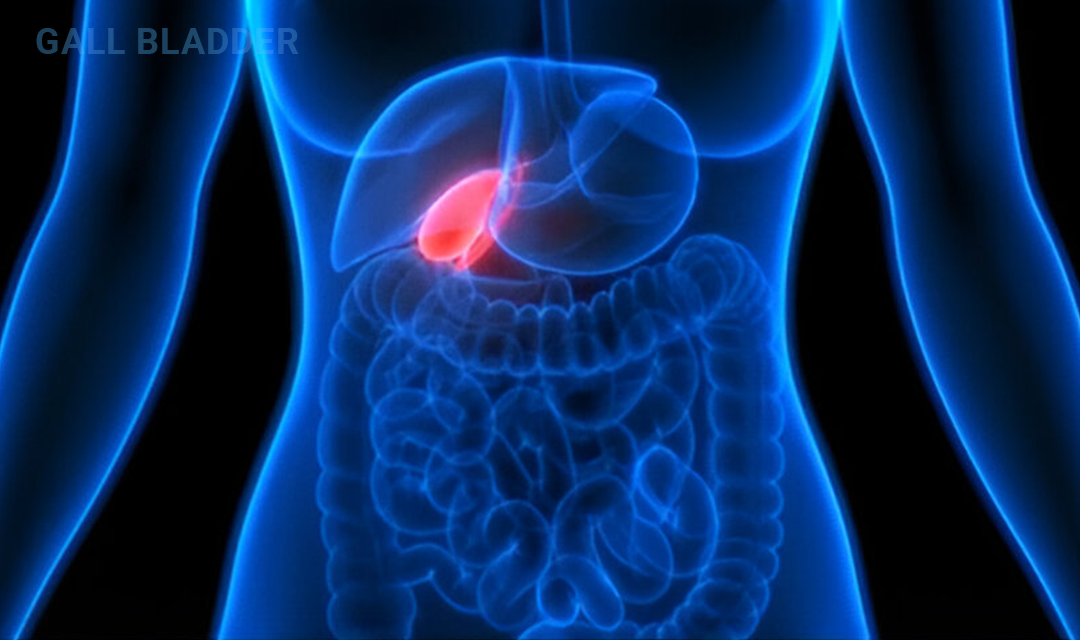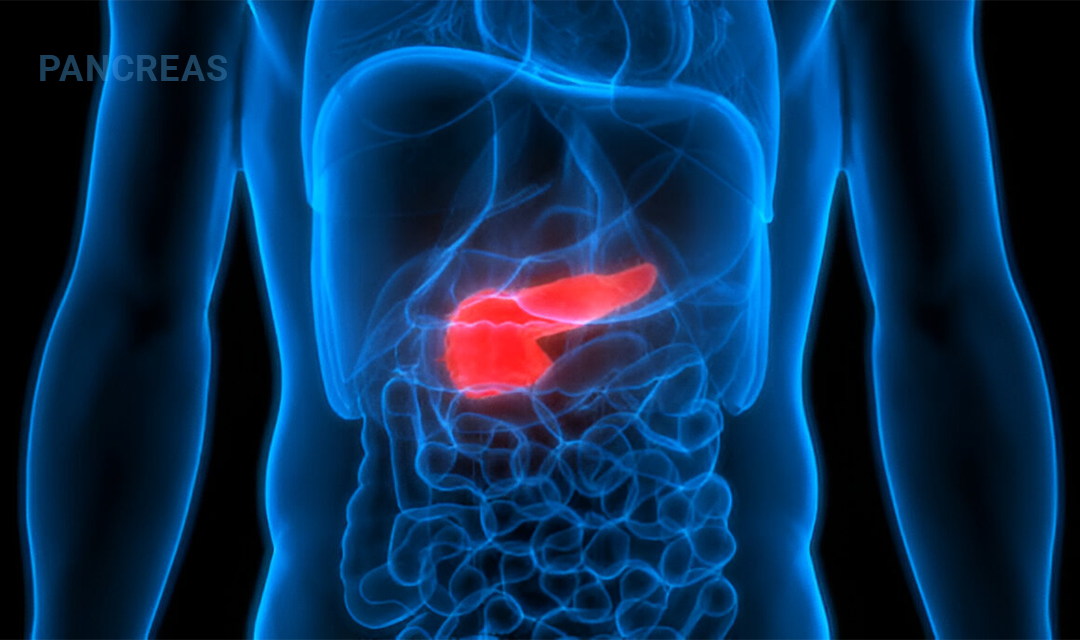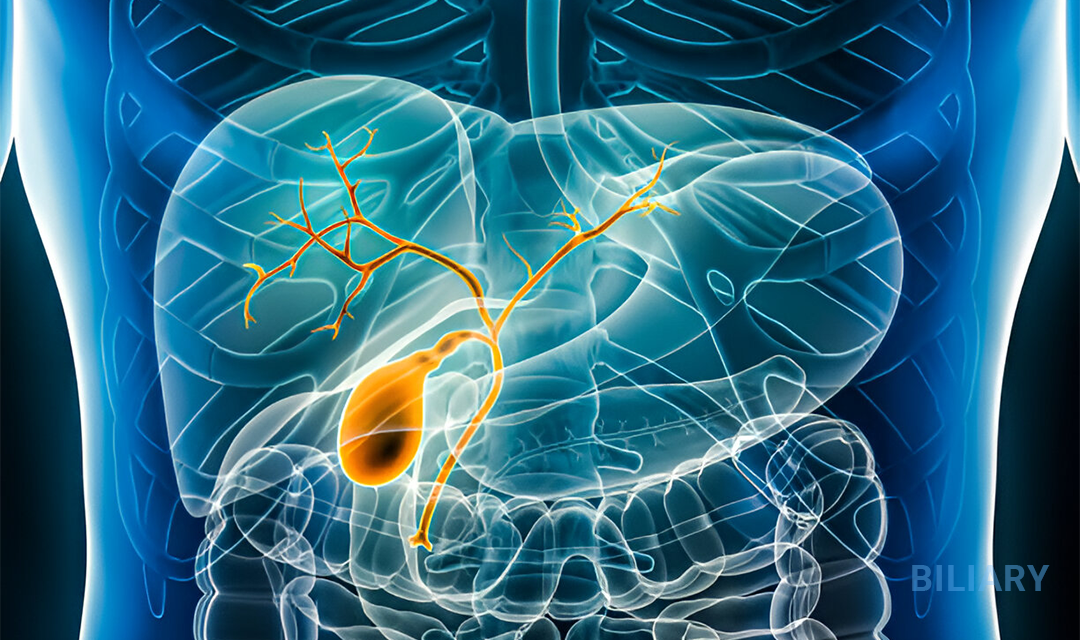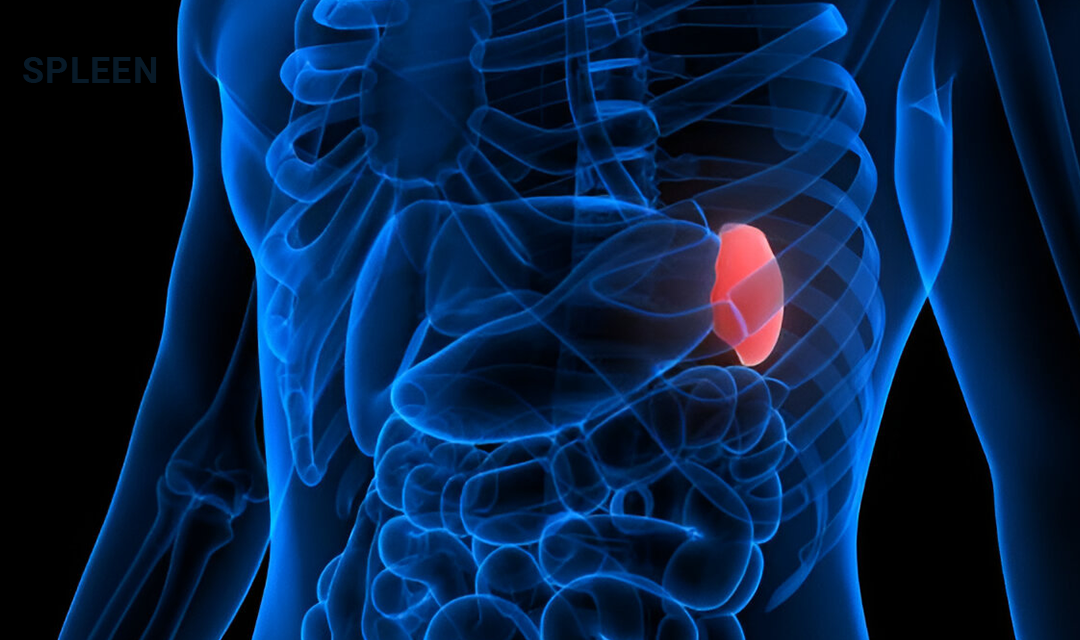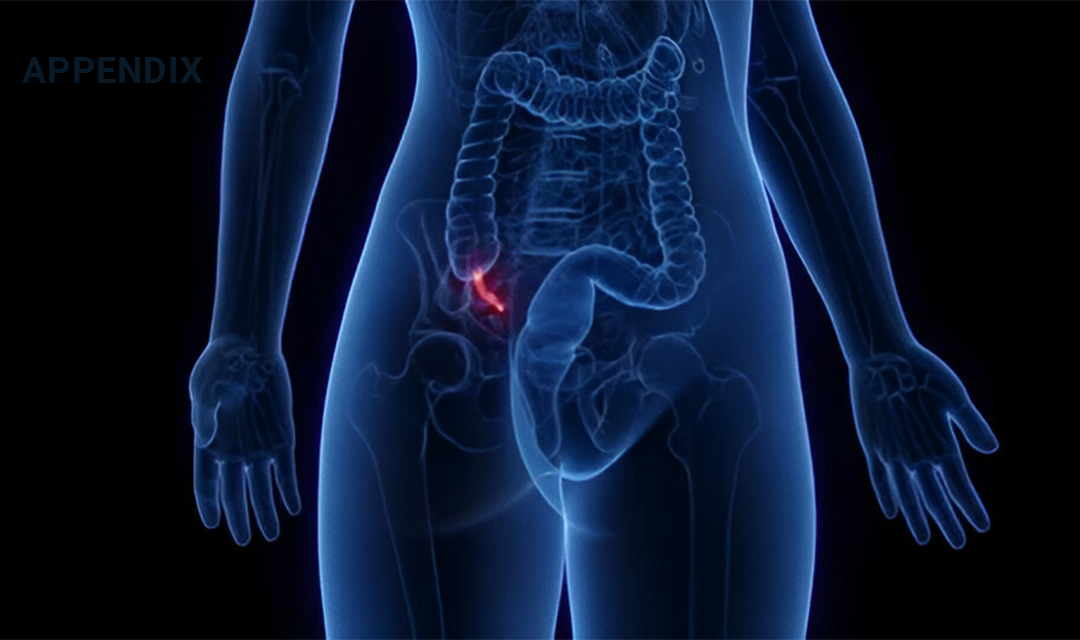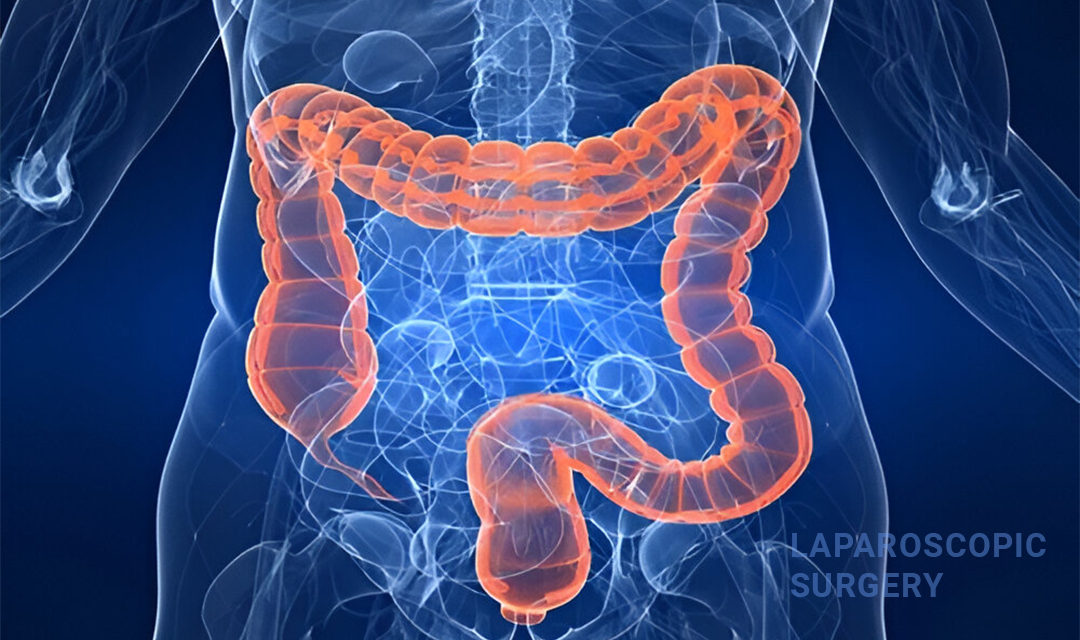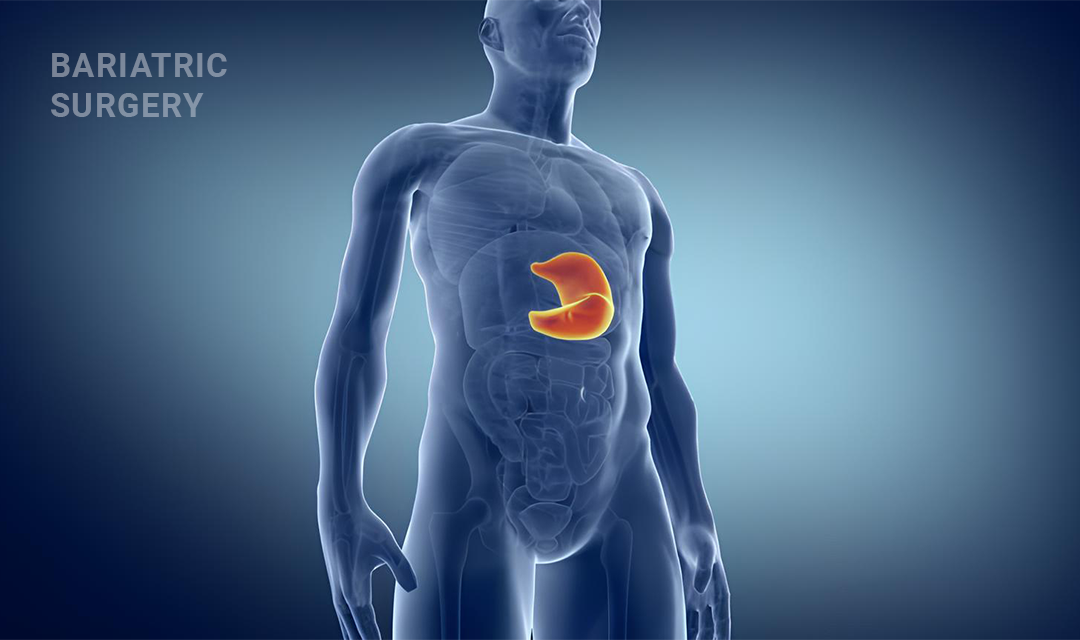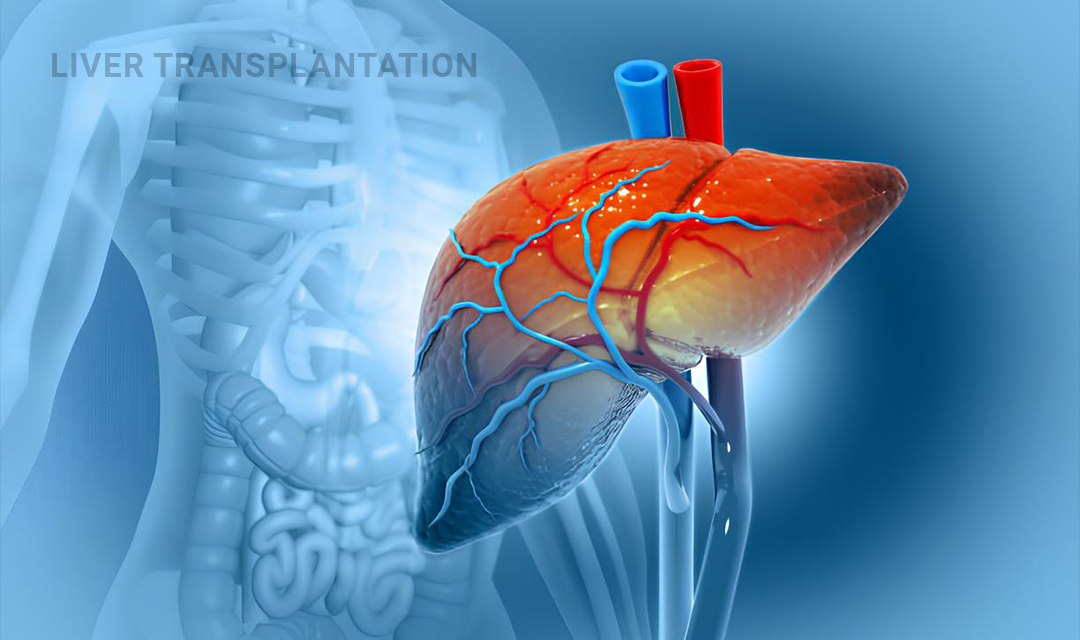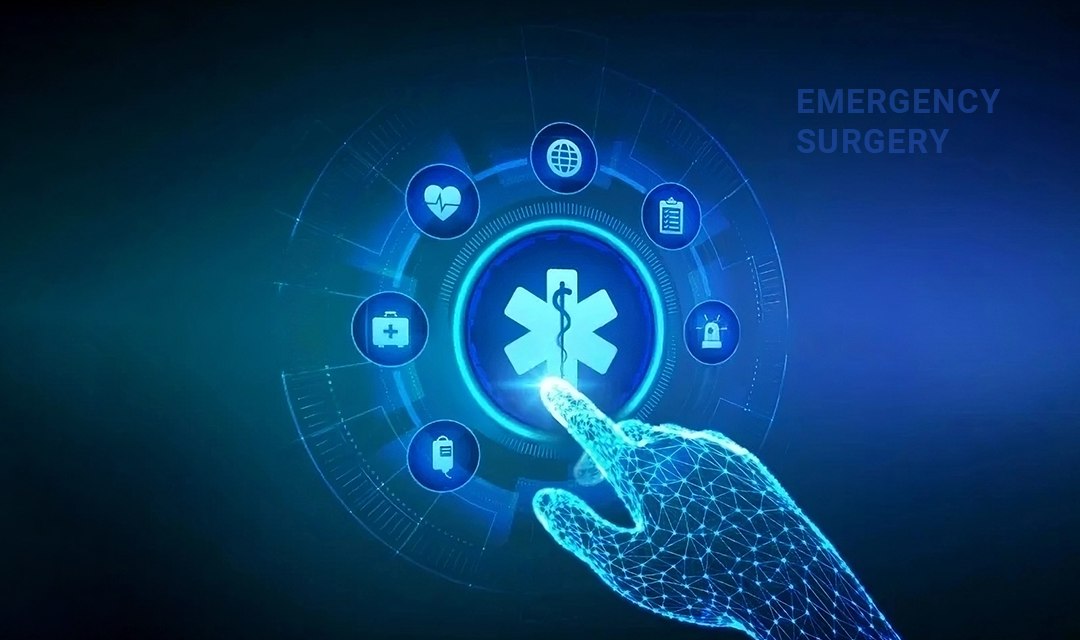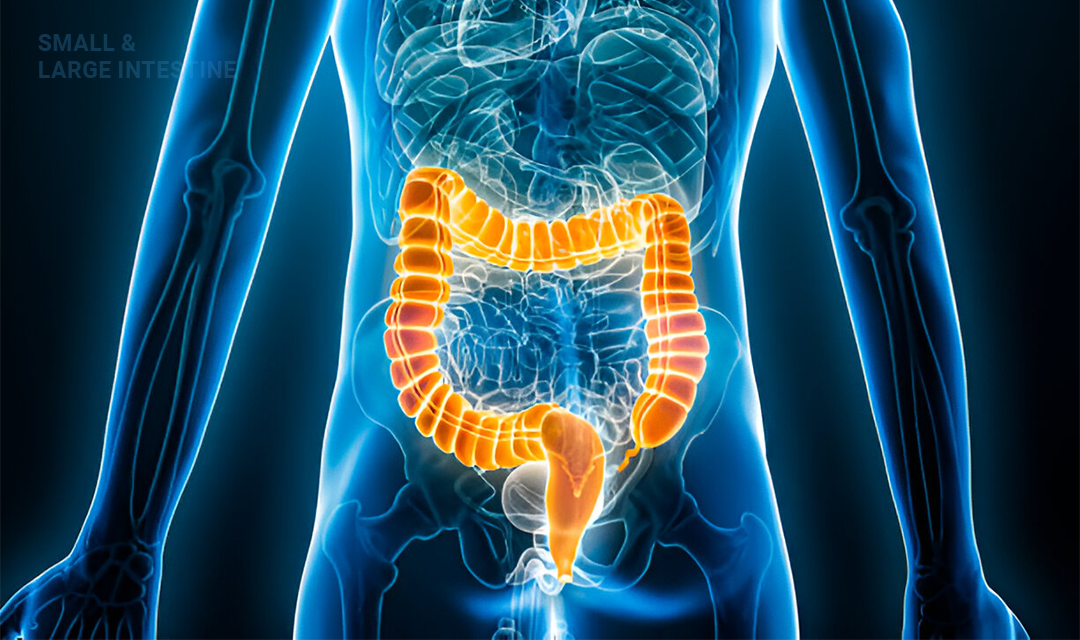
Small & Large Intestine Surgery in Guntur - Dr. Varun
Anatomy and Function
Small Intestine:
- Structure: Composed of three segments—duodenum, jejunum, and ileum. It is about 20 feet (6 meters) long and has a smaller diameter compared to the large intestine.
- Function: Primarily responsible for digestion and nutrient absorption. The duodenum receives bile and pancreatic enzymes to aid digestion. The jejunum and ileum continue the process of digestion and nutrient absorption.
- Surface: Lined with villi and microvilli that increase the surface area for nutrient absorption.
- Structure: Includes the cecum, colon (ascending, transverse, descending, and sigmoid), and rectum. It is about 5 feet (1.5 meters) long and has a larger diameter.
- Function: Absorbs water and electrolytes from indigestible food matter and forms and stores feces. It also houses a large population of gut bacteria that aid in fermentation of undigested carbohydrates.
- Surface: Lined with a smoother mucosa compared to the small intestine, and features haustra (pouches) and taeniae coli (bands of muscle).
Causes of Problems
Small Intestine:
- Celiac Disease: An autoimmune disorder where ingestion of gluten damages the villi in the small intestine.
- Crohn’s Disease: A type of inflammatory bowel disease (IBD) that can affect any part of the digestive tract, including the small intestine.
- Small Intestinal Bacterial Overgrowth (SIBO): Excessive bacterial growth in the small intestine that can cause bloating, diarrhea, and abdominal pain.
- Irritable Bowel Syndrome (IBS): A functional gastrointestinal disorder that affects the small intestine's motility.
- Colorectal Cancer: Cancer that starts in the colon or rectum.
- Diverticulitis: Inflammation or infection of small pouches (diverticula) that can form in the large intestine.
- Ulcerative Colitis: A type of IBD that primarily affects the colon and rectum, causing inflammation and ulcers.
- Constipation: Difficulty in passing stool, which can result from a variety of factors including poor diet, lack of exercise, or underlying health conditions.

“Dr. Varun offers expert care in small and large intestine surgery, providing advanced solutions and relief for patients with gastrointestinal conditions in Guntur.”
Treatment Options
-
Medications:
- Antibiotics: Used to treat infections associated with gastrointestinal conditions.
- Pain Relievers: To manage pain associated with conditions like Crohn’s disease or diverticulitis.
-
Surgical Intervention:
- Resection: Surgical removal of affected sections of the small or large intestine, such as in cases of cancer or Crohn’s disease.
- Appendectomy: The removal of the appendix if appendicitis is present. Can be performed using:
- Open Surgery: A larger incision in the abdomen.
- Laparoscopic Surgery: Minimally invasive with small incisions and a camera.
-
Supportive Care:
- Hydration and Nutrition: Essential for recovery and managing symptoms.
- Dietary Adjustments: Recommended for conditions like IBS or diverticulitis to manage symptoms and improve quality of life.
Frequently Asked Questions (FAQs)
- Celiac Disease: An autoimmune reaction to gluten.
- Crohn’s Disease: An inflammatory bowel disease affecting any part of the digestive tract.
- Small Intestinal Bacterial Overgrowth (SIBO): Excessive bacteria in the small intestine.
- Irritable Bowel Syndrome (IBS): A functional gastrointestinal disorder.
- Colorectal Cancer: Cancer of the colon or rectum.
- Diverticulitis: Inflammation of diverticula (pouches) in the colon.
- Ulcerative Colitis: Inflammatory bowel disease affecting the colon and rectum.
- Constipation: Difficulty passing stools, often due to dietary factors or lifestyle.
A Patient’s Experience

“Dr. Varun’s expertise in small and large intestine surgery has been transformative. His advanced techniques and compassionate care have greatly improved my health.”
- Amit Patel
- Satisfied Patient

“I am immensely grateful to Dr. Varun for his exceptional care in treating my intestinal condition. His thorough approach and dedication have enhanced my quality of life.”
- Priya Sharma
- Thankful Patient
